In a time when events seem ever and ever out of our control, writing is resistance.
–Our Mel.
In April (2018), Linguistic DNA began collaborating with local social entrepreneurs Our Mel to do some collective thinking about the power of language. This work is funded by the University of Sheffield’s Festival of the Mind and our work together will culminate in a spoken-word performance in the Festival’s Spiegeltent (pictured) this September.
The collaboration also involves 500 Reformations: exploring stories of change, from 1517 to 2018, a University of Sheffield public engagement project headed up by Linguistic DNA researcher Iona Hine.
Together, our goal is “TALK ABOUT CHANGE”.
More specifically Talk About Change is pursuing conversations about the history and power of language, particularly as experienced by people of colour. The first sessions will incorporate a provocation based on historical research, working through themes including diversity, feminisms, race, and resilience. Talking, sharing, debating, we hope participants will join us and engage in acts of creative resistance—in thought, speech, and writing.
What are we actually doing?
Throughout July and August, novelist and creative writer Désirée Reynolds will be leading a series of workshops, hosted by Our Mel, to discuss words and themes including race, feminisms, and diversity. The July workshops are themed and will each include input from a University of Sheffield researcher. The August workshops continue to explore related ideas, developing creative writing under the common heading “writing is resistance”.
Those who choose may publish their writing in an anthology, and we will also present a collective spoken-word performance (optional!) on Sunday 23 September as part of the Festival of the Mind programme.
Who can participate?
Our Mel issue a collective invite to come along and engage in conversation about “words that affect us every day”. What have they meant, how are they used, and what do they mean to us?
People of all ethnicities are welcome and an embracement of heritage is welcomed. Participation is limited to over 18s.
Visit Our Mel’s website (ourmel.org.uk) for more information about the workshops.
ABOUT THE COLLABORATORS
OUR MEL
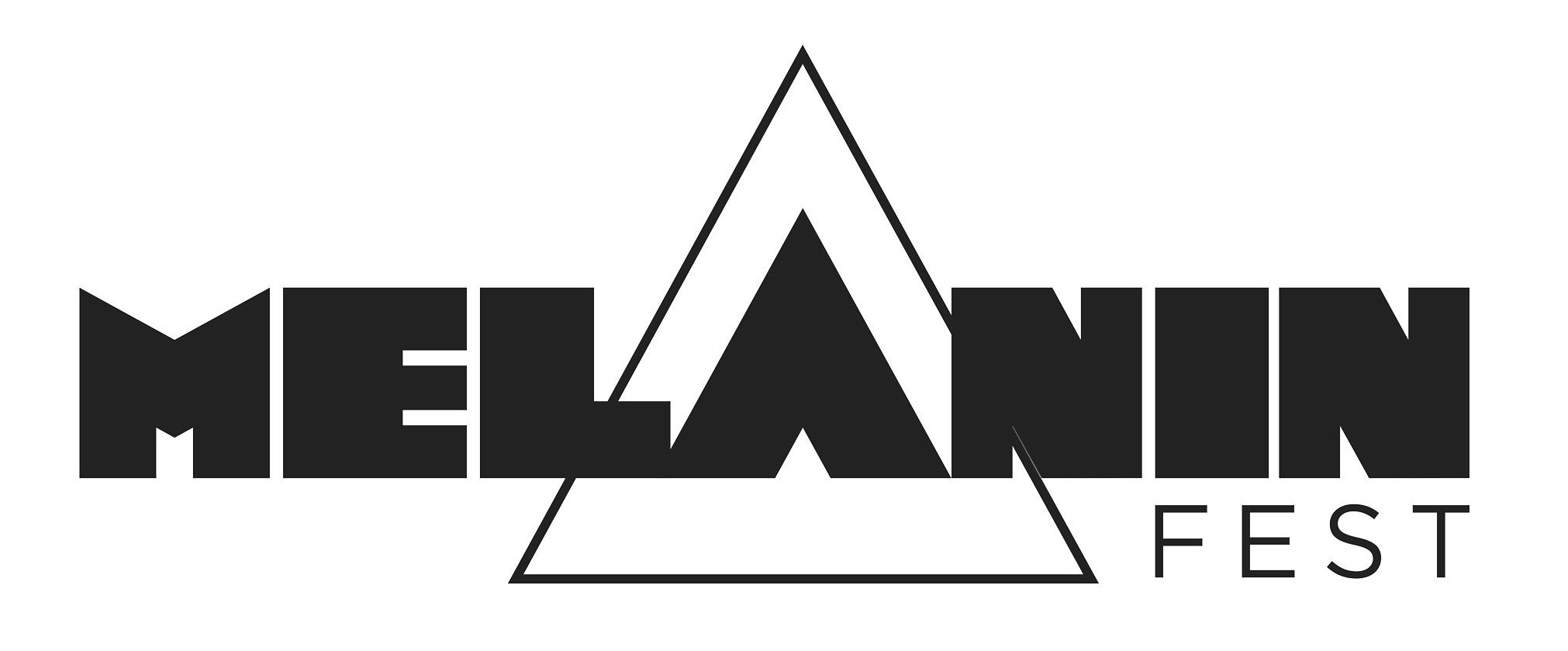
Rooted in Yorkshire and based in Sheffield, OUR MEL is a social enterprise dedicated to exploring cultural identity, Black history and what it means to be a person of colour in Britain today. Inspired by two local lasses (Annalisa Toccara & Gabriela Thompson-Menanteaux) on a journey of self-love, Our Mel was born in November 2016 over a pack of caramel biscuits and a cup of tea, Yorkshire of course. Since its birth, Our Mel has grown into a community of people on a mission to support, encourage, teach and build the community through music, film, arts and education. In October 2017, we launched Sheffield’s first collaborative Black History month festival, MelaninFest, and its sister MelaninFest in London. 1300 people attended 43 events in Sheffield and 5 in London. Our Mel has been at the forefront of creating diversity, inclusion and representation in Sheffield since November 2016, working in collaboration with festivals and organisations both nationally and internationally. ourmel.org.uk @our__mel
 ANNALISA TOCCARA is a Marketer & PR professional, Community Activist & Creative Director. Based in Sheffield and founder of the social enterprise Our Mel, Annalisa launched Sheffield’s first Black History Month Festival; MelaninFest® in October 2017, which saw a total of 43 events spread across the month in collaboration with over 40 partners and also launched a sister festival in London. Since then, Annalisa has hosted a number of community events celebrating Black excellence, Black talent and Womanhood. Through her work with Our Mel and previous social justice endeavours, she has developed a passion for arts and culture having seen first-hand how creative mediums can help shape and create social cohesion within our community. Annalisa also has a BA (Hons) in Biblical Study and Applied Theology with a Diploma in Leadership and is currently studying for her Chartered Marketer status. She is also the Vice-Chair of the BAMER Hub – Sheffield’s Equality Hub Network. ourmel.org.uk @sparklelikegold
ANNALISA TOCCARA is a Marketer & PR professional, Community Activist & Creative Director. Based in Sheffield and founder of the social enterprise Our Mel, Annalisa launched Sheffield’s first Black History Month Festival; MelaninFest® in October 2017, which saw a total of 43 events spread across the month in collaboration with over 40 partners and also launched a sister festival in London. Since then, Annalisa has hosted a number of community events celebrating Black excellence, Black talent and Womanhood. Through her work with Our Mel and previous social justice endeavours, she has developed a passion for arts and culture having seen first-hand how creative mediums can help shape and create social cohesion within our community. Annalisa also has a BA (Hons) in Biblical Study and Applied Theology with a Diploma in Leadership and is currently studying for her Chartered Marketer status. She is also the Vice-Chair of the BAMER Hub – Sheffield’s Equality Hub Network. ourmel.org.uk @sparklelikegold
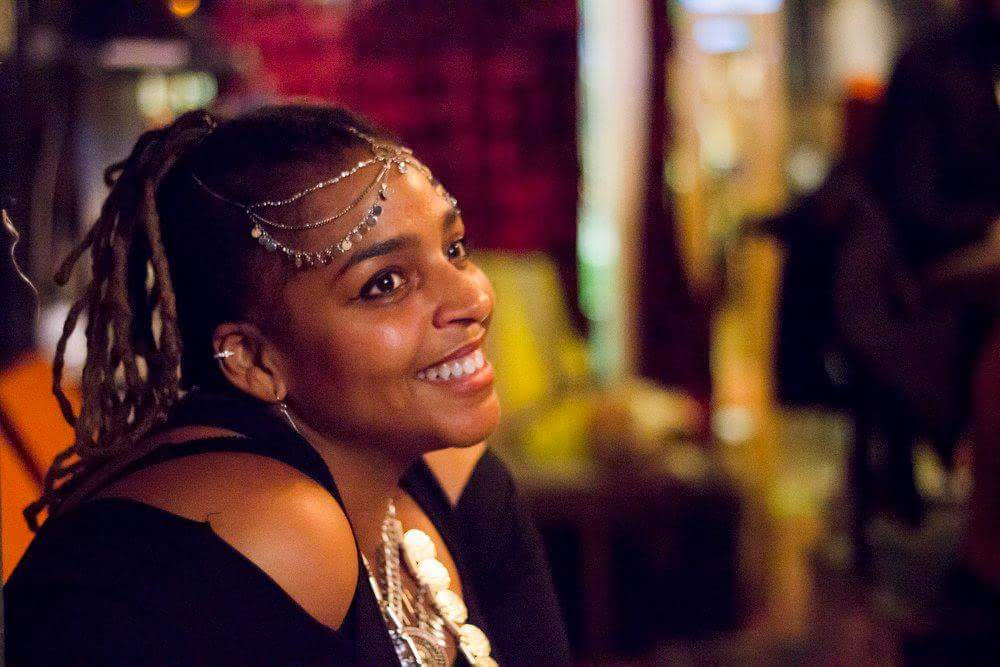
DÉSIRÉE REYNOLDS started her writing career in South London as a freelance journalist for the Jamaica Gleaner and the Village Voice. She has since written film scripts, poetry and short stories. Some of her shorts are published on SABLE E-Mag and various anthologies. “Seduce” her first novel was published by Peepal Tree Press in 2013, to much acclaim. She continues to work as journalist, teacher, broadcaster and DJ. Desiree is currently working on a collection of short stories, a novel based on the Haitian revolution and her PhD. — “After spending a lot of time, doing lots of things, I’m finally where I’m supposed to be, doing what I’m supposed to do.”
desireereynolds.co.uk peepaltreepress.com/authors/desiree-reynolds
youtu.be/qkNrQ-HMwLs peepaltreepress.com/books/closure
@desreereynolds
500 REFORMATIONS

500 REFORMATIONS collaborates with external partners to explore and tell stories of change, from the cultural to the personal. Based at the University of Sheffield, 500 Reformations draws on research from across the Faculty of Arts and Humanities. Activities are united by the theme of reformation, whether writ big (as e.g. churches breaking away from Roman Catholic control in the sixteenth century, ‘the Reformation’) or small (in individual stories of change, development and re-form). 500reformations.group.shef.ac.uk @500Reformations

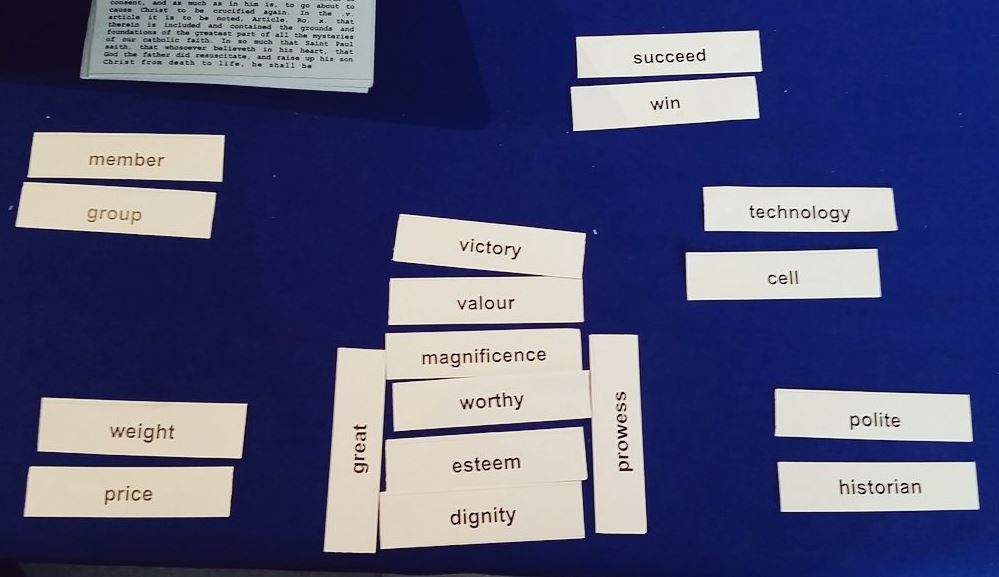
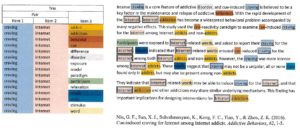

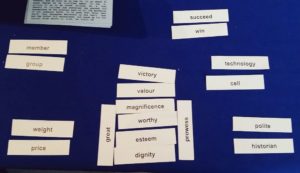
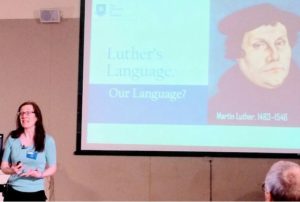
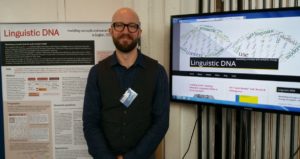
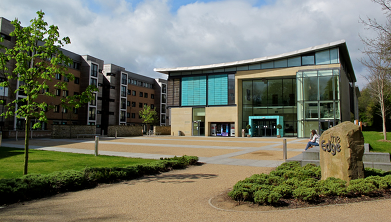
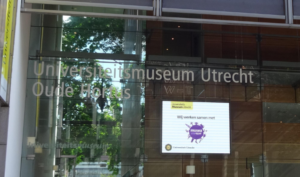 In May, Susan, Iona and Mike travelled to Utrecht, at the invitation of Joris van Eijnatten and Jaap Verheul. Together with colleagues from Sheffield’s History Department, we presented the different strands of Digital Humanities work ongoing at Sheffield. We learned much from our exchanges with Utrecht’s
In May, Susan, Iona and Mike travelled to Utrecht, at the invitation of Joris van Eijnatten and Jaap Verheul. Together with colleagues from Sheffield’s History Department, we presented the different strands of Digital Humanities work ongoing at Sheffield. We learned much from our exchanges with Utrecht’s